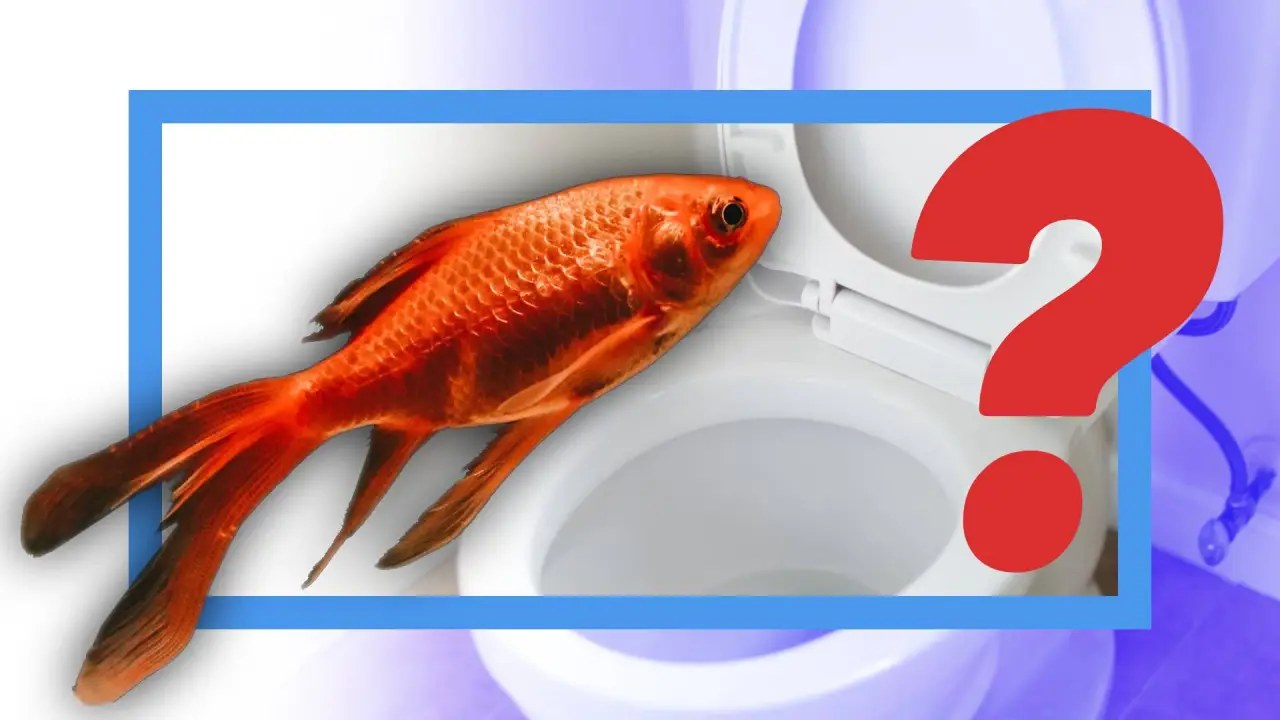Almost everyone has kept a goldfish in an aquarium once in their life, right? But have you ever thought about how disastrous they are to our environment if they were to be released into the wild?

The New York Times
A large goldfish caught from the Great Lakes.
Goldfish seem to be inexpensive and low maintenance which make them among a favorite in home aquarium pets. In pet stores they can be seen as tiny little swimmers but in the wild they can grow as big as 10 lbs and 18 in.
When goldfish get flush down the toilet they can manage to find their way into the nearest lake which makes them a serious invasive species. The problem had gotten so bad in West Medical Lake in Spokane, Wash. Officials were making plans to poison the lake to get rid of the “illegally stocked fish” that cost Washington State an estimated 150k USD to remove..
Other countries outside of North America are also having an invasive problem with goldfish being the potential reason that lead to threat for the ecosystem.
These goldfish are also big eaters feasting on plants, insects and other fishes and their egg which has a devastating effect on native fish population. When the goldfish reach its full growth size they have a few to none natural predators in American lakes. Goldfish would also live up to 30 years which means disaster for the native lakes.

Respect the Land
Goldfish take over an Alberta neighborhood pond.
Due to goldfish voracious feeding times and their bottom feeding habit which kicks up the mud and sentiment that has been settled at the bottom of the lake. This increases the turbidity of the water which can lead to harmful algae bloom and harm the oxygen content of the water.
As more plants are destroyed by goldfish, water quality will decrease according to Invasive Species Centra, since they play a major role in the filtering system of the water. Along with less plant life, algae will start to form, blocking sunlight from underwater plants that need it.
This all serves as a reminder that you should never release a non-native species into your local ecosystem, since we can’t always predict how much damage they can do to your ecosystem. It’s best that you should give them away or take them to a pet shelter rather than releasing them into the wild.


